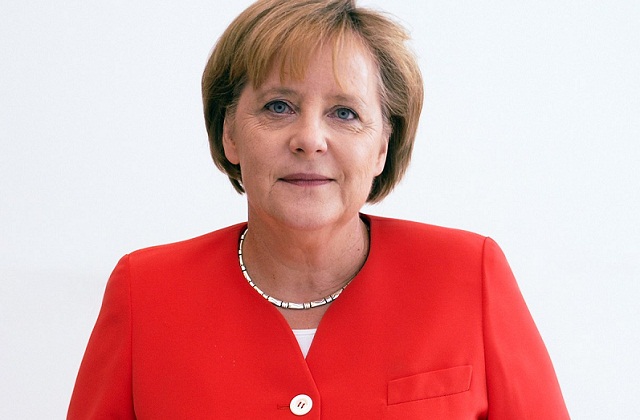
Berlin, Germany | Xinhua | Germans will elect the members of the country’s 20th Bundestag (lower house of Parliament) on Sunday. In total, 6,211 candidates from 47 political parties will compete for at least 598 seats.
A new government will be formed after the election. The current German Chancellor, Angela Merkel, is not seeking re-election after 16 years in office.
The Bundestag exercises legislative power, supervises the implementation of laws, elects the chancellor and oversees the work of the federal government.
This year, around 60.4 million people are eligible to vote in Germany, and the country is divided into 299 electoral districts according to population.
Voters cast two votes. The first for an individual constituency candidate. The candidate who gets the most constituency votes (relative majority voting) will become a directly elected member of the Bundestag. The second vote is for political party lists. The share of second votes won by the party lists determines the total number of seats they will hold in the Bundestag.
Currently, the Bundestag has 598 seats by law. The 299 lawmakers directly elected by their constituents (first vote) ensure that, in principle, every region is represented in the Bundestag. The proportion of second votes won by the political party lists determines the distribution of party power in the legislative body. As a rule, only parties receiving at least five percent of the second vote or winning at least three directly elected seats can enter the Bundestag.
However, an excess of seats may arise when a party obtains more directly elected seats in the first vote than the total number of seats it is entitled to on the basis of the second vote. In this case, the number of directly elected seats must be retained in full and the other parties are given additional seats to balance the proportion. The actual size of the Bundestag is thus greater than 598 seats. The last Bundestag elections in September 2017, for example, produced an unprecedented 709 seats.
Voters can bring their ballot papers and identity documents to their nearest polling station on polling day between 8 a.m. and 6 p.m., or they can choose to vote by post in advance, provided they ensure that their ballot papers reach the relevant authorities before 6 p.m. on polling day, when voting closes and counting begins.
In Germany’s current electoral system and party landscape, it is very unlikely that any one party will be able to secure an absolute majority of seats to govern alone. Therefore, after the election results are announced, the parties with the highest number of votes will try to make contact and discuss the possibility of forming a governing coalition. The parties that decide to govern together will negotiate the choice of a chancellor, the composition of the cabinet, policy directions and other issues, and eventually come up with a joint cabinet agreement.
Once the parties have agreed on all these, the new Bundestag will put the election of a chancellor on its agenda. As a matter of procedure, the chancellor will be nominated by the federal president of Germany and voted on by the members of Bundestag.
Once all the issues related to the formation of the government have been settled, the new government will start to implement its campaign promises and lead the country into the next phase.
 The Independent Uganda: You get the Truth we Pay the Price
The Independent Uganda: You get the Truth we Pay the Price



